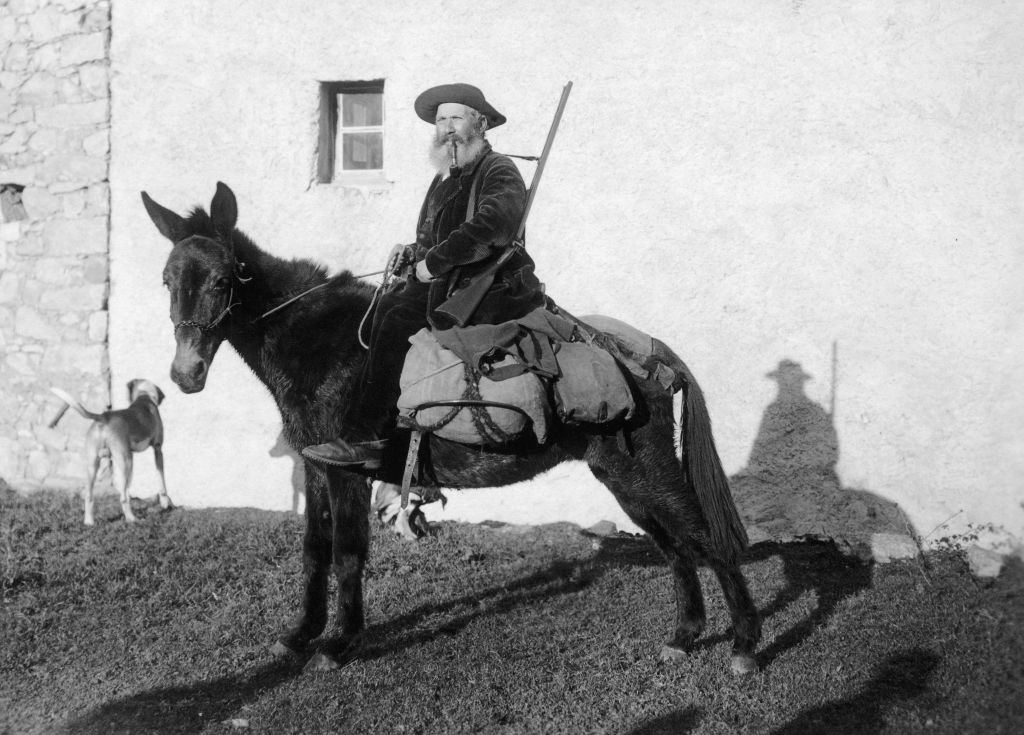Szeklerland, Romania.
The Szekler National Council (SZNT) has reiterated its stance on Szeklerland’s territorial autonomy, emphasizing the need for persistence and strategic planning in achieving this long-standing goal.
According to SZNT President, Balázs Izsák, the proposed legislation for Szeklerland’s autonomy, rejected by parliament in December, must be reintroduced after the upcoming parliamentary elections.
Szeklerland, sometimes called or Székely Land is a region in Transylvania, mainly inhabited by Hungarians who refer to themselves as Szeklers. As a result the region has long been pushing for regional language rights and autonomy.
In his statement titled “Facing the Sixth Submission,” Izsák underscored the importance of regular submissions to parliament, aligning with the electoral cycle.
He stressed that the composition of parliament evolves over time, necessitating continuous efforts to present Szeklerland’s autonomy to new lawmakers.
“The Szekler community cannot afford to deprive any Romanian legislator of the opportunity to familiarize themselves with the autonomy statute,” remarked Izsák.
The SZNT president outlined a strategic timeline, suggesting that the sixth submission for autonomy should occur between 2024 and 2028, accompanied by significant national and international events, including mass demonstrations, public forums, diplomatic initiatives, and media campaigns initiated by the community.
He also highlighted the responsibility of parliamentary representatives to publicly support the autonomy bill and counter Hungarian-language propaganda labelling the autonomy struggle as futile.
Izsák drew parallels with other autonomy movements, citing the decades-long struggles of South Tyrol, Scotland, and Catalonia as examples of enduring perseverance.
Reflecting on past rejections of Szeklerland’s autonomy, Izsák criticized the parliamentary legislative council’s assessments as flawed, citing inconsistencies, factual errors, and deliberate misinterpretations.
Despite the hurdles, he expressed optimism about potential improvements in parliamentary discourse, emphasizing the importance of constructive dialogue.
While acknowledging the limitations of parliamentary debate, Izsák stressed the importance of disseminating counterarguments and maintaining a proactive approach.
“We have expanded the scope of the debate, offering viable alternatives to decision-makers,” affirmed Izsák.
As the SZNT continues its advocacy for Szeklerland’s autonomy, its message resonates with a call for persistence, resilience, and unwavering commitment to democratic principles and territorial rights.





